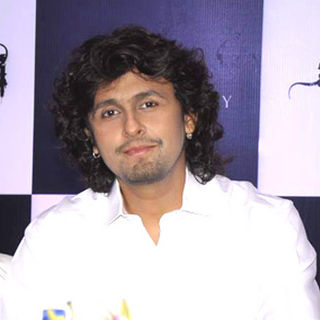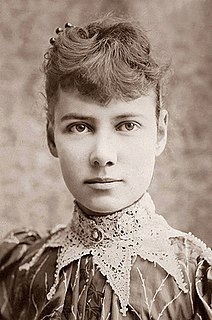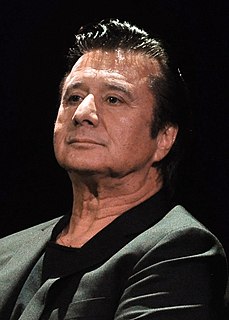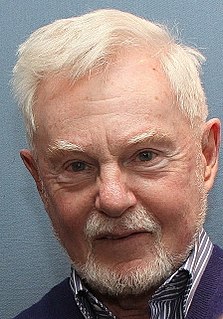A Quote by George Eliot
Sir Joshua would have been glad to take her portrait; and he would have had an easier task than the historian at least in this, that he would not have had to represent the truth of change - only to give stability to one beautiful moment.
Related Quotes
It wasn't an architect who did this, but if it had been an architect, it would have been a good day's work: there was a marketing person who convinced Walmart that their products sold better in daylight than electric light. It would have been interesting if an architect had deliberately designed this change with all its spatial consequences in mind, thinking about how the change would multiply across all the square footage of all the roofs of all the Walmarts in the world. It would have been a beautiful trick - a physical, practical, political pleasure.
As a child, what I was missing was so much bigger to me than what I had. My mother-mythic, imaginary-was a deity and a superhero and a comfort all at once. If only I'd had her, surely, she would have been the answer to every problem; if only I'd had her , she would have been the cure for everything that ever had gone wrong in my life.
What do you think it would have been like if Valentine had brought you up along with me? Would you have loved me?" Clary was very glad she had put her cup down, because if she hadn't, she would have dropped it. Sebastian was looking at her not with any shyness or the sort of natural awkwardness that might be attendant on such a bizarre question, but as if she were a curious, foreign life-form. "Well," she said. "You're my brother. I would have loved you. I would have...had to.
Before every show, I would call my mother and say, 'Mummy, I don't know how I will sing today.' But that would change as soon as I went on stage and would merge with my music. She is my best ally, and I don't want to lose her. Nobody other than her would be concerned if I had eaten or had oiled my hair. She is my queen.
Something that had been a single cell, a cluster of cells, a little sac of tissue, a kind of worm, a potential fish with gills, stirred in her womb and would one day become a man--a grown man, suffering and enjoying, loving and hating, thinking, remembering, imagining. And what had been a blob of jelly within her body would invent a god and worship; what had been a kind of fish would create, and, having created, would become the battleground of disputing good and evil; what had blindly lived in her as a parasitic worm would look at the stars, would listen to music, would read poetry.
Her library would have been valuable to a bibliophile except she treated her books execrably. I would rarely open a volume that she had not desecrated by underlining her favorite sections with a ball-point pen. Once I had told her that I would rather see a museum bombed than a book underlined, but she dismissed my argument as mere sentimentality. She marked her books so that stunning images and ideas would not be lost to her.
She didn’t understand why it was happening,” he said. “I had to tell her she would die. Her social worker said I had to tell her. I had to tell her she would die, so I told her she was going to heaven. She asked if I would be there, and I said that I would not, not yet. But eventually, she said, and I promised that yes, of course, very soon. And I told her that in the meantime we had great family up there that would take care of her. And she asked me when I would be there, and I told her soon. Twenty-two years ago.
As a child, Kate hat once asked her mother how she would know she was in love. Her mother had said she would know she was in love when she would be willing to give up chocolate forever to be with that person for even an hour. Kate, a dedicated and hopeless chocoholic, had decided right then that she would never fall in love. She had been sure that no male was worth such privation.
This would be a tricky operation, no doubt of that, and a mistake would probably be fatal. So many things he had done over the years would have been fatal, had his luck not been strongly good. He had cheated death dozens of times, but that did not mean he could take it as a given. A man needed only one fatal mistake to end the game.
She wondered whether there would ever come an hour in her life when she didn't think of him -- didn't speak to him in her head, didn't relive every moment they'd been together, didn't long for his voice and his hands and his love. She had never dreamed of what it would feel like to love someone so much; of all the things that had astonished her in her adventures, that was what astonished her the most. She thought the tenderness it left in her heart was like a bruise that would never go away, but she would cherish it forever.
With Jane Birkin, we had a scene from a film called Jane B. by Agnès V. - a portrait I made in '87. We had a casino scene, surrealistic, in which we had some naked people gambling. Jane Birkin was the card dealer and I was the player. I had beautiful jewelery around me, and when I lost I would take the jewelery and say, Service - being very generous, because it was very expensive jewelery. I would say, Tip.






































